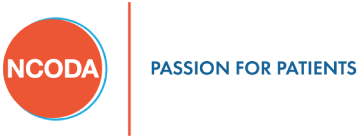Author: NCODA Editorial Team
As we look ahead to 2025, significant changes to Medicare are set to bring much-needed relief to millions of Americans, particularly those facing the high costs of life-saving medications. With the introduction of a $2,000 out-of-pocket cap for prescription drugs under Medicare Part D and the new Medicare Prescription Payment Plan, patients—especially those in oncology—will likely benefit from improved affordability and access to essential treatments. These reforms are a positive step toward reducing financial burdens.
However, with these changes come new challenges for oncology practices. Adapting to the evolving Medicare landscape will require careful preparation and thoughtful adjustments in patient care, financial navigation, and operational processes. Practices will need to navigate a more complex regulatory environment, educate patients about their new options, and ensure that workflows are in place to handle changes in claims adjudication and reconciliation in addition to patient education and evaluation. While the reforms promise long-term benefits for patients, the transition may present hurdles that practices must overcome to ensure continuity of care and maintain high standards of patient support.
One of the primary changes oncology practices and medically integrated pharmacies (MIPs) will face involves educating staff and patients about the new Medicare policies, which will require time and resources. Pharmacists, pharmacy technicians, navigators, nurses, and patient assistance teams will play a crucial role in guiding patients through the changes, helping them understand how to maximize their benefits and manage their costs. These staff members will require additional training to effectively assist patients to ensure everyone is up to speed on the latest Medicare policies and offerings. Scheduling adjustments may be necessary, as more comprehensive financial counseling sessions will likely be needed to support patients in navigating the new Medicare payment options.
Another challenge MIPs will face is the navigation of Prescription Payment Plan Billing, which will require changes to current adjudication processes. MIPs will need to use a specific BIN (Bank Identification Number) and PCN (Processor Control Number) combinations to process claims under the payment plan. Complicating matters further, each insurance plan may have its own distinct BIN and PCN for these transactions. This could add complexity to the billing process, requiring oncology pharmacies to carefully track and manage multiple billing codes for different insurance providers. Practices may need to invest time and resources in updating their systems and training staff to ensure claims are processed accurately and efficiently under the new payment structures.
Lastly, these reforms are a significant win for patients, as they have the potential to greatly improve access to and adherence to high-cost oncology medications. With more patients benefiting from affordable treatment options, oncology practices may see changes in medication utilization patterns. While this increased access is a positive development, practices will need to remain adaptable, ensuring they are prepared to continue providing seamless care as the impact of these reforms unfolds over time.
The Medicare redesign set to take effect in 2025 offers a promising path toward improving access to essential cancer treatments by reducing financial burdens for patients. By proactively educating staff, preparing for increased patient evaluation and education during open enrollment, and refining workflows, oncology practices can continue to provide high-quality care while adapting to the new landscape. Though the transition may require time and resources, the long-term benefits for patients and practices alike will be well worth the effort. As practices navigate these changes, remember: they play a crucial role in not only supporting their patients clinically, but also ensuring that the promise of Medicare reform leads to better health outcomes and a brighter future for cancer care.
To support oncology practices through this transition, NCODA has launched an initiative aimed at increasing awareness of the Medicare reform provisions among healthcare providers and patients. This initiative leverages NCODA’s resources—including educational webinars, social media awareness campaigns, and patient-facing materials—to ensure that both providers and patients are well-informed and prepared for the changes. Through targeted communication strategies, NCODA is equipping practices with the tools they need to navigate the reforms, helping to ensure seamless integration of the new policies and continued high-quality care for oncology patients. To become a sponsor of this initiative, please reach out to Alex McCafferty or Sharita Howe.










